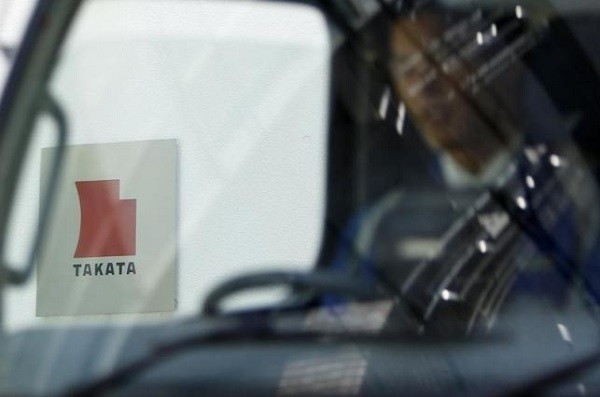New reports claim that Takata's bond yield tripled for the month of November following Honda's decision to cease using its products which stemmed from the discovery of faulty air bags. Despite this, experts claim that it is not enough to cover the company's losses.
According to Bloomberg, the yield over Takata's December 2017 bond increased to 10.4 percent from 3.05 percent at the latter part of October. Following this news, Honda said that it is "deeply troubled" after evidence surfaced that the Japanese parts supplier may have misrepresented test data.
University of Richmond law professor Carl Tobias told the publication, "You have personal injury cases, economic loss cases and all of the recall and replacement costs, which could run into the billions. We may be into 2017 before many are resolved."
Market experts said that Takata may end up paying billions of dollars in order to cover the expenses spent to replace its faulty air bags. The company is also facing massive amounts of legal costs from class action lawsuits in the United States and Canada.
Following the massive air bag scandal that the company is facing, Takata posted a total second quarter loss amounting to $70 million. The company is also cutting its full-year net income forecast down to $50 million.
In a statement obtained by Reuters, Takata chief financial officer Yoichiro Nomura said that the company is not experiencing any cash flow problems. He added that car manufacturers, including Honda, will only stop using air bags that use ammonium nitrate inflators, a model which the Takata claims is already on the process of phasing out.



























